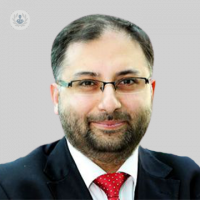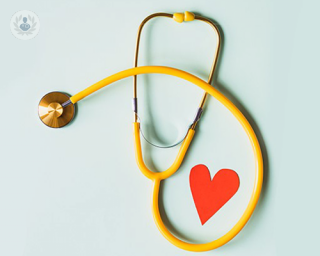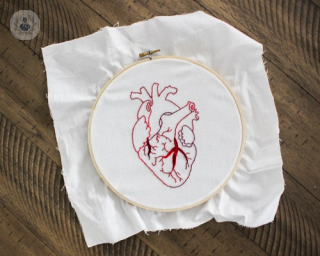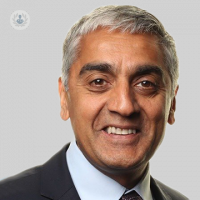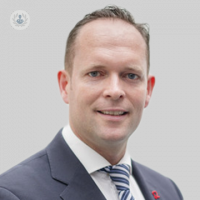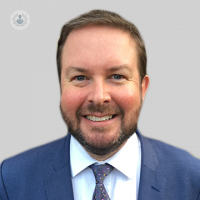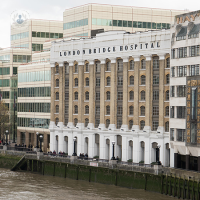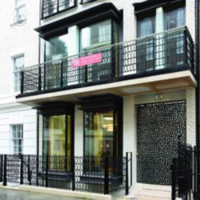Dilated cardiomyopathy
What is dilated cardiomyopathy?
Dilated cardiomyopathy is a disease of the heart muscle that results in the heart not being able to pump blood around the body. It usually starts in the left ventricle. The left ventricle (hearts main blood pumping chamber) becomes weak, stretched and thin and loses the ability to pump a sufficient amount of blood to the rest of the body.

What are the symptoms of dilated cardiomyopathy?
Dilated cardiomyopathy presents symptoms such as:
- Fatigue
- Chest pain
- Swelling (oedema or edema) in the legs, ankles and feet
- Shortness of breath (dyspnea)
- Heart murmurs
If you experience shortness of breath and other symptoms of cardiomyopathy as mentioned above, see your doctor right away and call emergencies if you experience chest pain that won’t go away after a few minutes.
What causes dilated cardiomyopathy?
The main causes include:
- Coronary heart disease (it is the most common cause and can be due to damage to the heart after a heart attack or damage to the coronary arteries)
- Diabetes
- Alcohol abuse
- Substance abuse or certain cancer medications
- Arrhythmias (abnormal heart rhythms)
- Childbirth complications
Can dilated cardiomyopathy be prevented?
By taking certain lifestyle measures, dilated cardiomyopathy can be prevented or the risks of developing it minimized. If a person avoids drinking excessive amounts of alcohol and follows a healthy and balanced diet, they are less likely to suffer from the condition. Likewise, it is important for people who undergo therapeutic radiation, who take heart medication and pregnant women to have regular check-ups with their doctor to avoid symptoms of dilated cardiomyopathy.
What is the treatment for dilated cardiomyopathy?
Most patients with this condition must take prescribed medication to treat the symptoms and to prevent further complications. In some cases, surgery may be needed, which may include the following techniques:
- Pacemaker
- Defibrillator
- Repairment or replacement of valves
- Coronary artery bypass surgery
If the cardiomyopathy is advanced, the required treatment may be:
- Heart transplant
- Placement of an artificial heart or a device into the left ventricle to assist the pumping of blood around the body
